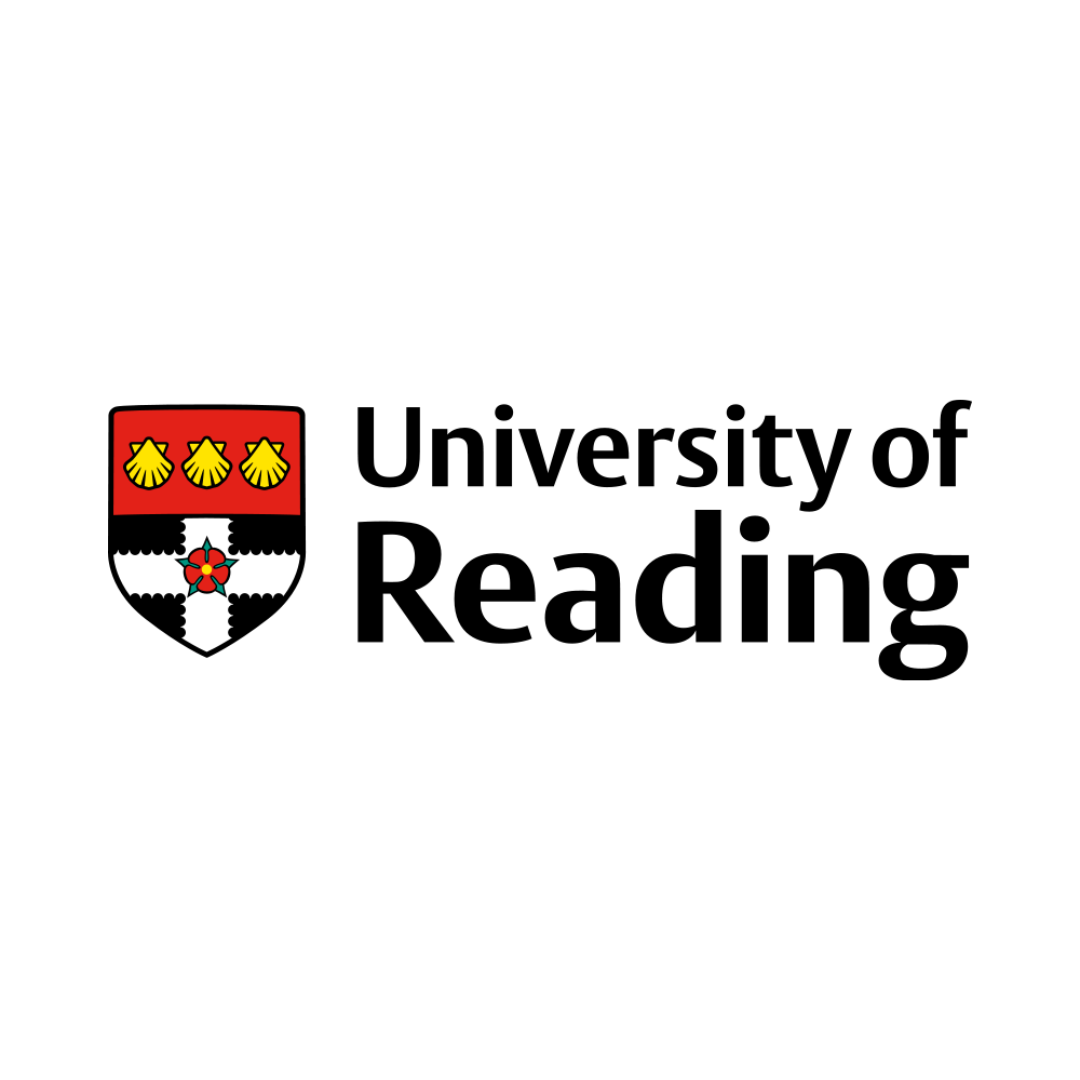
Published on July 24, 2019
Bridging the gap: why research communication benefits academia
Why is it important for researchers to communicate their work to non-experts? In part one of our three-part series about research communication, Oxentia’s Gaelle Coullon and Lauren Sosdian discuss some of the reasons why good research communication skills are important, and how training these skills can help grow an innovation ecosystem at universities and research institutes.
Building bridges across research disciplines, and with industry and policy makers, is an important process that can yield a variety of positive outcomes. With better communication and the ability to speak each other’s languages, the value of research and impact will no longer be “lost in translation” to industry, policy, and public sector funders.
“When I talk publicly, I appreciate the need to step back and present
the big picture, and in so doing put details into a larger context that
is much more accessible – and much more memorable – for an
audience. This has stimulated me to think about larger questions
over the years and has influenced the directions of my research.”
– Nicholas Spitzer, Kavli Institute for Brain and Mind1
The benefits of good research communication
Research communication is a valuable skill for researchers across the academic community to hone. Encouraging these skills at all research levels, from Early Career Researchers (ECRs) to established professors, can grow a university’s innovation ecosystem in at least four main ways. Research communication skills can:
1. Encourage creativity in academic research. Academics who can explain their work to individuals outside of their field of expertise are pushed to think about their research in new ways, often inspiring new ideas or even better ways of communicating with peers. Nicholas Spritzer at the Kavli Institute for Brain and Mind best articulated this point in an interview about how engaging with the public about neuroscience has benefited his own work (see box).
2. Facilitate inter-disciplinary research collaborations. Communication with researchers across and within disciplines is increasing important when securing funding and building collaborations. Many of the big challenges facing society today – from climate change to brain disease – require researchers from different fields to work together and combine methods and knowledge. Successful collaborations rely on researchers’ abilities to communicate complex concepts to colleagues with different technical backgrounds and experiences.
3. Improve how researchers work with knowledge exchange and technology transfer offices. Good research communication is one of the key pillars for effective knowledge transfer and commercialisation. Researchers who can articulate the value and impact of their work to a range of audiences will work better with the university’s technology transfer office to prepare a commercialisation strategy, a marketing flyer, or a pitch to potential investors.
4. Increase the employability of PhD students and early career researchers (ECRs). Graduate students and young researchers are increasingly considering career options outside academia, and universities are recognising the importance of helping them do this by developing a transferable skillset3. Research communication is a crucial skill to broaden their career prospects and facilitate their transition from academia to industry. We explore this issue in more detail later in this series of short articles.
How can researchers better communicate with non-specialist audiences?
At Oxentia, we’ve developed customisable training programmes to help researchers and academic entrepreneurs from all fields hone their skills and overcome some of the most common pitfalls of research communication. Exercises and toolkits help researchers craft a compelling story about their work that is relevant to their audience and communicates complex ideas clearly without ‘dumbing them down’. We showcase example tools and techniques in the next article in this series.
What’s your experience of research communication? What do you like about it, and how do you think it could be improved? head over to LinkedIn to join in with the discussion
1 The Kavli Foundation, “A Conversation About Communicating Science with Kavli Institute Director Nicholas Spitzer”, www.kavlifoundation.org/science-spotlights/ucsd-communications-nicholas-spitzer#.XLcpoehKg2w
2 Inside Higher Ed (April 2019), “From the Basement to the Dome”, https://www.insidehighered.com/advice/2019/04/29/navigating-time-change-phd-career-and-professional-development-opinion






































